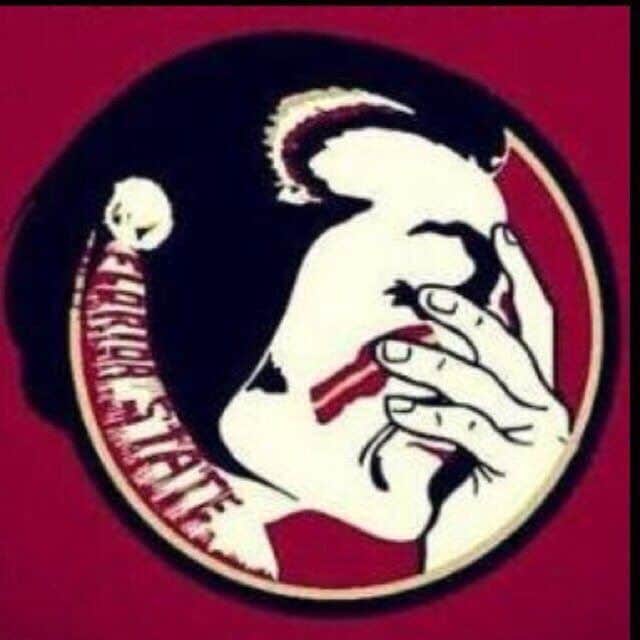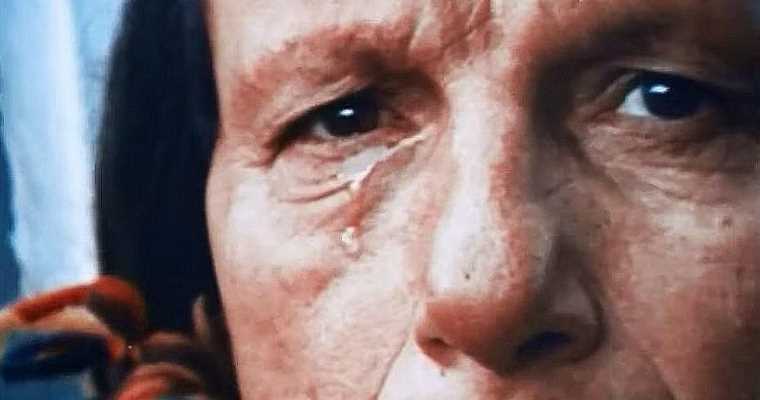Here at LBO, we’re mostly interested in the offshore gambling market.
Whether it’s legal online casino gambling, legal online sports betting, legal online poker, or legal online ponies, we’re pretty much all in all the time.
But we also live in the US, and we patronize our area’s domestic gambling market whenever it’s convenient (which is almost never) or whenever we’re up for a night out with friends (which is slightly less almost never).
To that end, we understand and appreciate everything that domestic gambling has to offer each state that supports the market.
And that’s why we support those states.
Sure, it’s not always practical to support them directly, as we don’t travel that much these days, but we definitely take the time to encourage others to throw a little business at their local brick-and-mortars even as we primarily advocate for the overseas gambling market.
That’s why, for example, we’re so excited about the recent developments in Ohio.
Yes, domestic sports betting formally awaits legalization in the Buckeye State. (Seriously, DeWine, you better sign this thing.)
But even as legal sports betting continues to expand in America, it’s also contracting.
In Florida, you see, the contraction comes from the contract being a bit too compact.
The pun’s a stretch, but hear us out: The 2021 Seminole-Florida compact signed by Chief Marcellus Osceola, Jr. and Gov. Ron DeSantis was a bit too on the nose – a bit too overtly insular – in how it effectively locked out the deep-pocketed commercial market.
Major sports betting lobbies funded by DraftKings and FanDuel raised a heap big stink, as did several anti-gambling outfits. Suits were drawn up and rammed through the courts, and – because the compact did kind of bite off more than it could chew – the whole shebang was effectively annulled.
The “offending” piece of legislation (or whatever one calls a state-tribal agreement equivalent thereto) was that the Seminole managed to convince Florida to give them full control of statewide mobile sports betting.
This was justified in a legally hopeless manner. The claim was basically that since the betting servers were on tribal lands, the online Hard Rock Sportsbook product was technically a tribal gambling product.
Of course, given that the bettors themselves didn’t have to be on tribal land to place their bets or fund their accounts, the outcome was predictable, and the compact was effectively annulled.
The courts decided – and frankly decided correctly (albeit annoyingly) – that this was the weakest of workarounds.
And honestly, it was.
As a point of comparison, if you think using crypto to get around the UIGEA banking regulation is some kind of shady “loophole” (it isn’t), you probably interpreted this attempt as something just short of capital murder.
Statewide online sports betting constitutes gambling expansion by most interpretations, and because there’s no functional differentiation between “gambling” and “sports betting” in existing FL state laws, the issue must go before the voters via referendum.
All FL gambling expansion must be voter approved.
Why the Seminole didn’t simply decline the option of online sports betting in the first place is a mystery.
After all, sports betting – while among the most popular forms of gambling in the entire marketplace – is actually the least profitable for operators.
Sports betting is almost always offered as a mere inducement for patrons to parlay their winning wagers into big losses on the casino gambling floor.
Operators are happy to pay you out a cool grand on the Green Bay Packers covering the spread if you’re likely to blow twice that amount on the roulette table three minutes after your cash in your ticket.
And with the 2021 compact giving the Seminole the right to offer live craps and live roulette on their gaming floors (they can only offer electronic versions of these games, which are basically identical to the legal online craps and legal online roulette games featured at the sites we recommend), they had all the reason in the world to host sports betting only on their retail casino premises.
We were genuinely shocked when the compact “allowed” for mobile sports gambling, though we were admittedly 50-50 on how utterly problematic that would turn out to be.
Now, the Seminole can’t offer sports betting, table craps, or table roulette.
Talk about a bad beat.
Of course, the tribe won’t necessarily have to beat their drums, here.
There’s a chance that a renewed compact could strike mobile sports betting from the language – or simply couch that language in restrictive terms to the effect that should mobile sports gambling ever be legalized in the Sunshine State, it would be limited to Seminole oversight.
It’s also unclear if a new compact would actually even be able to authorize retail sports betting, live craps, or roulette when limited to reservation casinos.
Retail sports betting might be an easier sell, simply because it hasn’t been previously outlawed by name in FL’s gambling laws.
Per the federal IGRA, however, it seems that even with total tribal exclusivity of casino craps and roulette, the Seminole might still be up a creek.
Unfortunately, Florida law explicitly bars roulette and craps, which means that the law would have to be changed – which can only be done by voter referendum – to allow these pastimes.
Only then would the federal Class III tribal gambling designation allow the games to be offered at brick-and-mortar Seminole venues once agreed to by the state.
There may be some wiggle room with sports betting if the powers that be can get it classified as something legally different from “gambling” (as most states did long ago with horse racing, and for which the fantasy sports industry has successfully lobbied over the last several years in dozens of states when it comes to DFS services).
However, with this “false start” – even with a state congress that’s allied with Gov. DeSantis’ interests and the interests of the Seminole Tribe, it appears that the only option for online gambling of any kind in Florida will be limited to legitimate international betting sites for the foreseeable future.
We hope we’re wrong, but we suspect we’re not.


